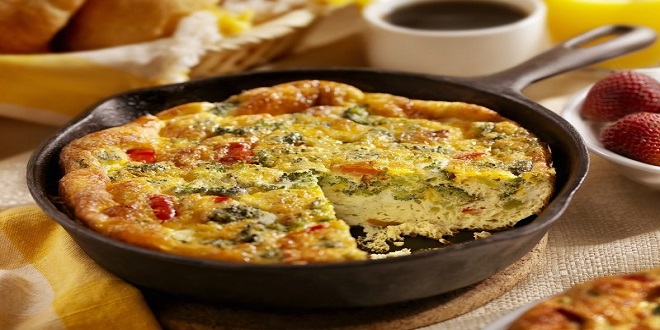
Time and money are the biggest perceived obstacles to eating well. In most cases, neither is a true obstacle. Americans spend eight hours a day in front of a screen. On average, we each spend two hours a day on the Internet— something that didn’t even exist 20 years ago! But we can’t find the time to plan, shop, and cook for our families? True, it might cost a little more to buy fresh meat, fish, and produce than to eat processed junk and fast food. But it also doesn’t have to. In fact, studies have shown that eating real food is not more expensive than eating processed food. You don’t have to buy grass-fed steak (although that’s ideal). You can eat well for less. To put it in perspective, Europeans spend about 20 percent of their income on food, Americans only 9 percent. We have to value our food and health. What we don’t spend on the front end we pay for on the back end at the drugstore and the doctor’s office.
When you don’t know how to cook a vegetable, how can you feed yourself or your family? My experience in South Carolina taught me that it is not a lack of desire to get well that holds people hostage to the food industry and the marketers. Without the confidence that comes from knowing how to prepare quality foods, people are left vulnerable to the aggressive marketing tactics of the food industry, which is all too eager to sell us highly addictive, poor-quality, man-made food-like products that fatten us up, along with their bottom line. Major packaged food companies are like drug dealers pushing their addictive products. We have to cook our way out of our addiction to bad food. Shopping, cooking, and eating are political acts with far-reaching benefits to our health, the earth, the economy, and beyond. Michael Pollan, in his book Cooked, says, “The decline of everyday home cooking doesn’t only damage the health of our bodies and our land but also our families, our communities and our sense of how our eating connects us to the world.”
Cooking is fun, freeing, and essential to achieving health and happiness. Unfortunately, we have handed over the act of cooking, this unique task that makes us human, to the food industry. We have become food consumers, not food producers or preparers, and in doing so, we have lost our connection to our world and to ourselves. I aim to help rebuild that connection for you.
Untangling the research on food
Part of the reason we’re so confused about what we should eat is that nutrition research is hard to conduct. Ideally, scientists would take two groups of people, feed them different diets (making certain they don’t eat anything else), and follow them for 30 years. That will never happen. Humans, unlike lab rats, can’t be contained in controlled environments for any sustained amount of time, so the results of nutritional studies are never as definitive as we might like them to be.
The key to drawing accurate conclusions is to weigh all the evidence from basic science, population studies, and controlled experiments and combine it with a pinch of evolutionary common sense. The science of nutrition is often squishy, and this accounts for the kind of contradiction and misinformation we’ve seen from scientists and experts over the decades.
For example, the American Heart Association, or AHA (which receives much of its funding from the food and pharmaceutical industries), recently declared coconut oil harmful because it contains saturated fat, despite the fact that there has not been a single controlled trial or study showing that organic virgin coconut oil causes heart attacks. The AHA study on fats was funded in part by canola oil processors.
Last word
The sponsors of the AHA include many of the big food companies, such as Kellogg’s, PepsiCo, General Mills, Nestlé, Mars, Domino’s Pizza, Kraft, Subway, and Quaker—almost all of which have swapped out saturated fats for omega-6 vegetable oils, which the AHA tells us to eat more of to prevent heart disease. The AHA also receives hundreds of thousands of dollars every time its heart-healthy checkmark of approval is used on foods like Lucky Charms—high-sugar junk known to cause heart disease. Increasingly, many scientists point out the potential harm from swapping out saturated with refined vegetable oils or PUFAs
Animals display remarkable problem-solving abilities and emotional intelligence. Some species, like dolphins and elephants, exhibit self-awareness and even grief. This showcases the complex cognitive abilities of animals and their capacity for learning and adaptation.

